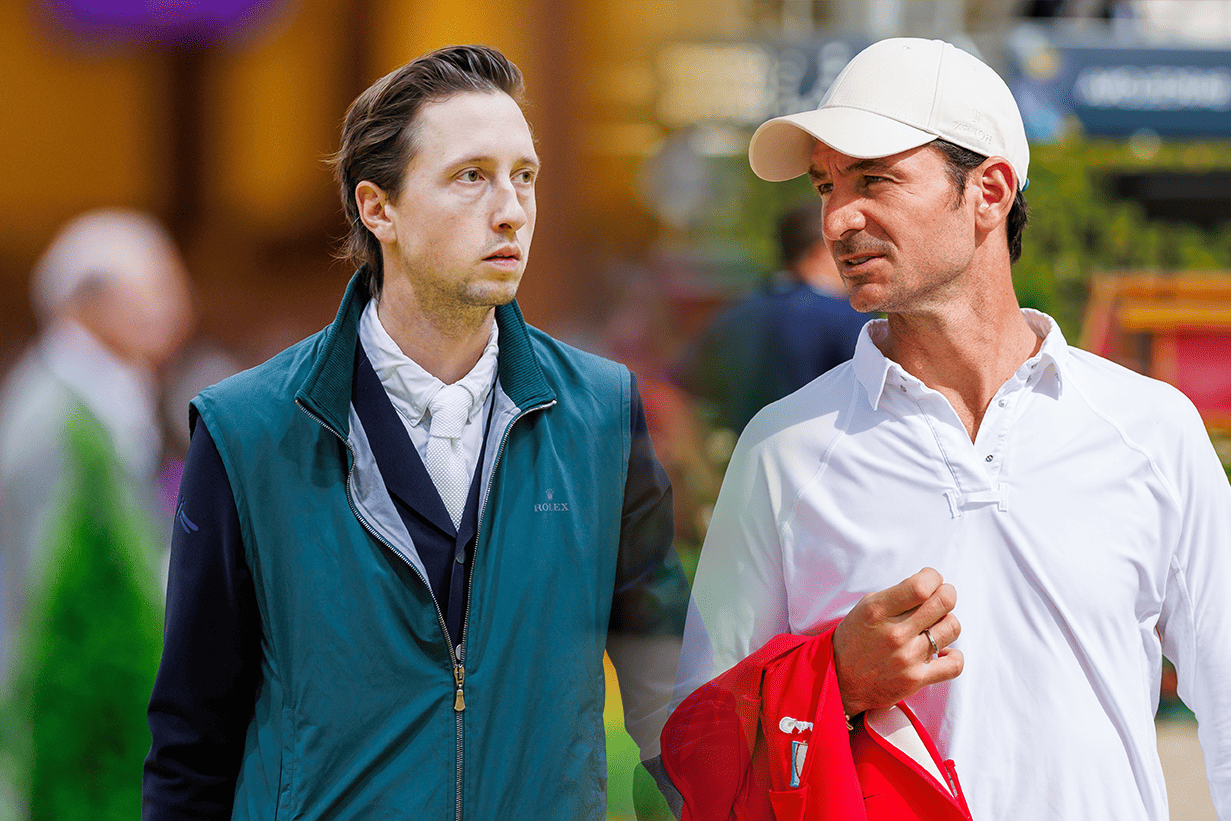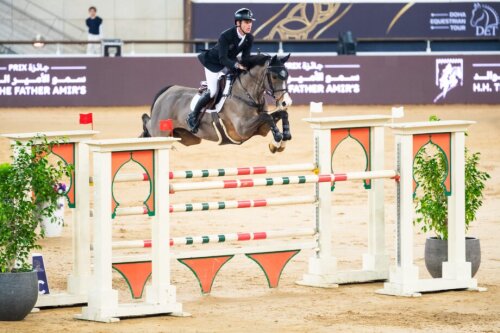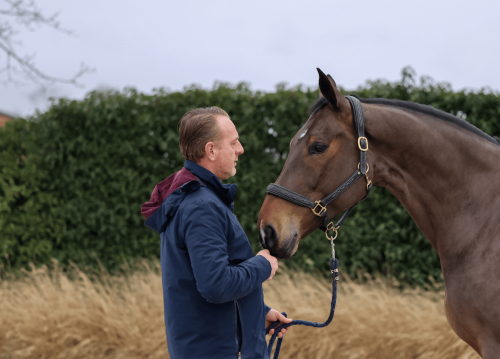On Friday, the Swiss Equestrian Federation announced that Martin Fuchs and Steve Guerdat have decided to boycott the Longines League of Nations. Both riders disagree with the decision to remove the iconic Sankt Gallen competition from the schedule. How should I feel about this? Boycott… that’s the term used in the press release. I applaud it, yet I mourn at the same time!
Over the past year, tensions between FEI policymakers and riders, often represented by the IJRC (International Jumping Riders Club), have noticeably increased. It was bound to happen. As François Mathy Jr. said at the end of last year: “There needs to be a policy framework, but at this moment, riders feel abandoned by their own federation...” If I were the CEO of Longines, I would seriously reconsider my sponsorship in equestrian sports. And I’ll explain (later) why.
The Sport’s Delicate Balance
Our sport rests on three pillars that must constantly work together. Interestingly, this triangle can have different configurations: federation – riders – organizers, but also riders – breeders – organizers, or riders – owners – organizers. What stands out? The federation is not necessarily a crucial link in this balance. That realization is unsettling. Because why, then, does the FEI take such an authoritarian stance?
Let me be clear: I understand the necessity of the FEI and strongly support its presence. I also share the view of Theo Ploegmakers: “A policy framework is needed to keep our sport relevant in modern society. While many riders possess great wisdom, they do not know everything, and sometimes, they need to be shown that...”
Balance Is Essential
However, policymaking is about listening—listening to all parties involved, translating that into a legal and practical framework, and aligning it with societal context. And this is precisely where things go wrong.
That brings me to the decision of Fuchs and Guerdat. Would their reaction have been the same if, for example, Rotterdam (NED) had been removed from the calendar? An uncomfortable question, but a valid one. Our sport is evolving rapidly, partly thanks to Jan Tops’ Global Champions Tour. This dynamic forces the FEI to evolve as well. Add external pressure from the IOC and public opinion, and you understand why traditions sometimes fall by the wayside. Is this about elitism? I don’t think so. On the other hand, let’s be honest—our sport is elitist. Period.
Should the FEI have kept Sankt Gallen on the calendar? Probably. I wonder why there couldn’t be multiple qualifying events, with only some counting toward rankings. The choice was likely financially driven. But that is exactly where I hold the FEI accountable. A policymaker should optimize the financial structure for the benefit of the sport. If the federation feels competitive pressure from commercial events, it must strengthen its own model to remain economically competitive. Perhaps it should take inspiration from the (commercial) Longines Global Champions Tour, which does feel a drive to expand!
Rolex, Rolex, and …
Which brings me back to my earlier thought: What if I were the CEO of Longines? I would embrace Jan Tops and increase the pressure on the FEI. To be clear: in 2013, Longines signed a ten-year deal with the FEI, which was recently extended. But how satisfied can the watch brand still be with this partnership? Before 2013, it was Rolex that partnered with the FEI. In response, Rolex introduced the Grand Slam. And let’s be honest—Rolex has managed to connect equestrian sports with mainstream enthusiasm.
What makes that tour different? I suspect it’s the motivation it provides to its organizers. Rolex keeps them satisfied and engaged, which leads to extra efforts for the sport’s benefit. That attracts riders and encourages them to respond positively to Rolex as a brand in equestrian sports. That is how the triangle should work.
So, I applaud the boycott—it makes a statement that riders feel an imbalance in the system. But at the same time, I mourn for our sport… because without balance, there can be no progress.



